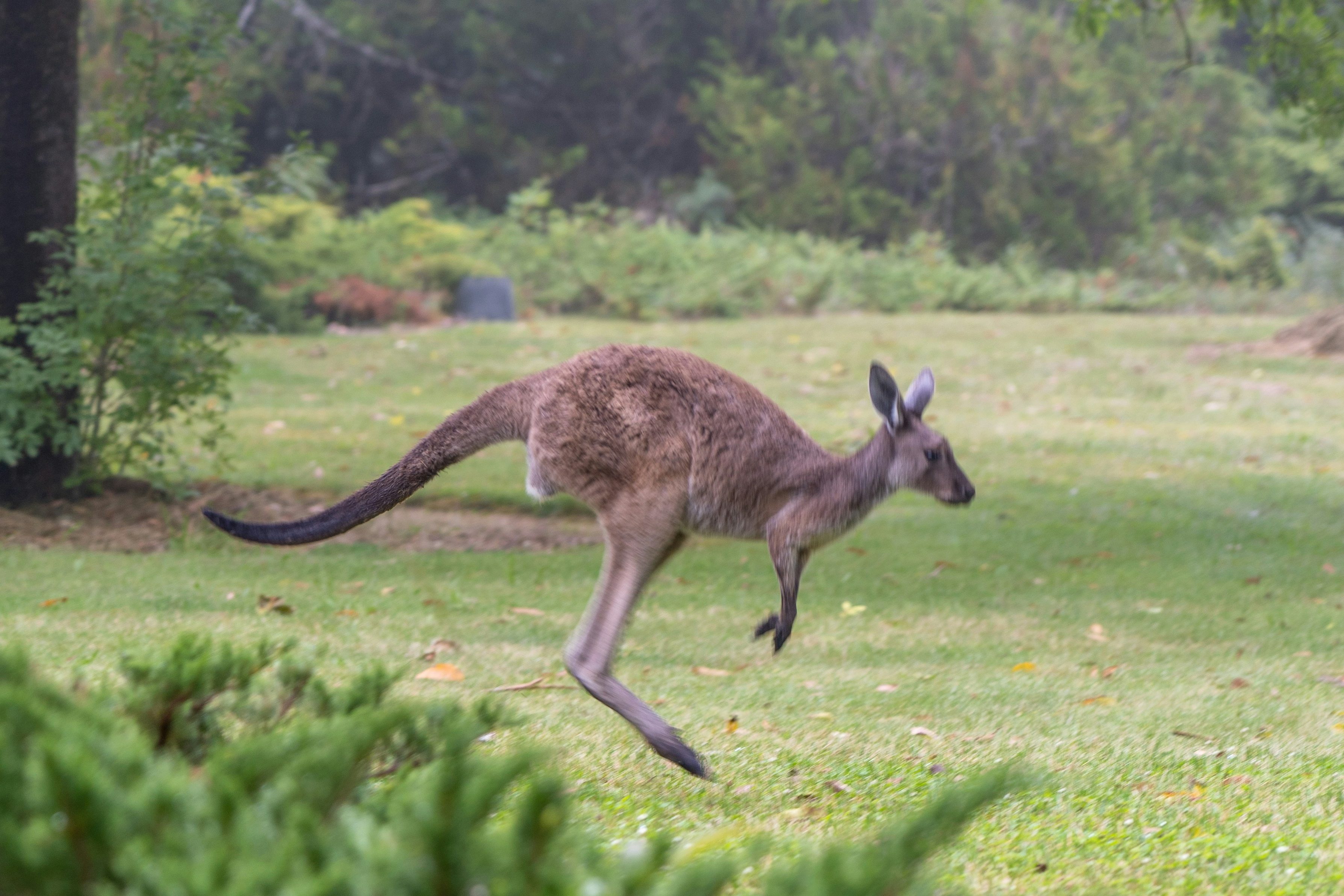🌷 Spring has sprung. Or at least it will soon. But what we know for sure is that it hasn’t ‘sprang’. Tis the season for a grammar explainer.

🦘 The Present Tense: ‘Spring’. I’m looking at the verb today. ‘Spring’ as in ‘to jump’. Like that mnemonic for the clocks: ‘Spring forward, fall back.’ Love a pun.
A kangaroo might spring over a fence. That’s the kind of ‘spring’ we’re looking at today.
⏪ The Past Tense
But it’s when we get to the past tense that we sometimes find an issue.
That kangaroo jumped over the fence yesterday. So how do we conjugate the verb?
◾ The kangaroo sprung over the fence.
Or
◾ The kangaroo sprang over the fence.
Both are used widely and so it depends who you ask. If you ask ‘Fowler’s Dictionary of Modern English Usage’ you find: The past tense is normally ‘sprang’, but quite often ‘sprung’ (especially in AmE)
– for the uninitiated, that’s American English.
The text then goes on to say: ‘The past participle is always ‘sprung’.’
Phew, I’m glad we can agree on something.
➕ ⏪ About that past participle – what’s that all about then?
I swear, if you went to a British comprehensive school before the primary school SATs came in, your knowledge of parts of speech might not stretch much beyond noun, verb, and adjective. That was certainly the case for my schooling. I had to teach myself all of this in order to be able to teach it to pupils. (Ex-teacher here!)
The past participle is the verb that comes after an inbetweeny verb (the auxiliary). Think be/have/do. Is, was, have, has. That kind of thing. They’re your sandwich filling in this kind of construction.
So if there’s a ‘has’ between the kangaroo and its past tense act of springing, what do we do with the verb ‘to spring’?
◾ The kangaroo has _______ over the fence.
Is it ‘sprang’ or ‘sprung’?
This time, we need the ‘u’. It’s ‘sprung’. Just as the usage dictionary says.
◾ The kangaroo has sprung over the fence.
And listen to the alternative. ‘Has sprang’ just doesn’t sound right, and it isn’t.
🌱 Why must language be like this? The eternal question. Irregular verbs, innit. It’d be far too simple to put ‘ed’ at the end of all our verbs to make them past tense… You tried that when you were a toddler and it didn’t stick. Your internal grammar knew that something was up and that some verbs follow other rules. ‘Spring’ is one of those verbs.
➕➕ See also: to sink, to swim, to sing, to drink, to ring.
As a fiction copy editor, I’m always on the lookout for irregular past tense verbs. If you’re typing at speed, sometimes you might reach for the wrong one. I’ll make sure the right one gets to print.
Sign up for my newsletter today.
